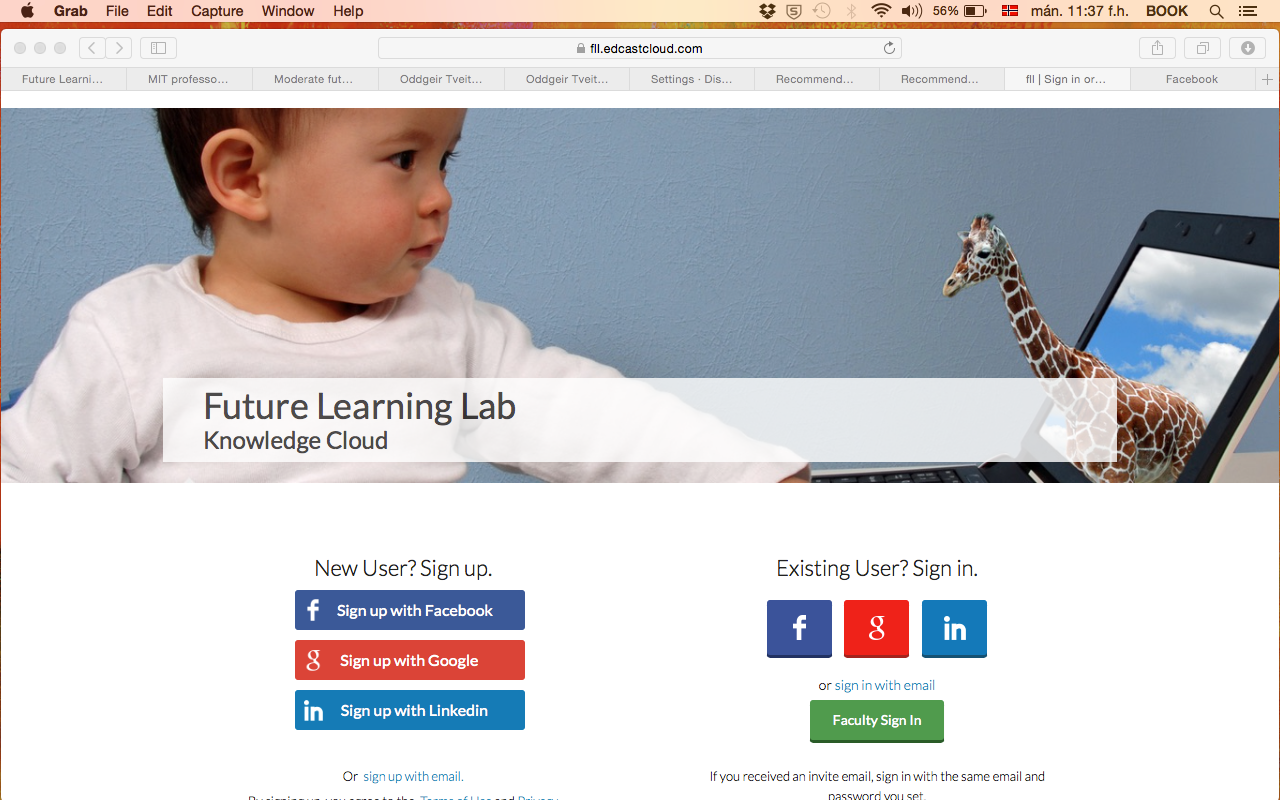 Starting August 2015, Future Learning Lab will begin actively pursuing bitesized content interaction and complete course delivery in our new knowledge cloud enabled by EdCast.
Starting August 2015, Future Learning Lab will begin actively pursuing bitesized content interaction and complete course delivery in our new knowledge cloud enabled by EdCast.
There is a long story behind this, but the short version is simple: It was only when we found EdCast that we began to have any serious thought that we actually could pursue the world of MOOCs in a meaningful way. The hopelessly Victorian-style approach applied by Coursera and EdX to the world´s education and learning challenge will effectively be their downfall in the public domain. Their world will be commercial. We approached them, and the question was this: Are you one of the top 100 universities in the world?
We´re not. And that was that. Not interested. As seen from universities outside of the sphere of the world´s “top 100” – a list that one could seriously question, no matter how it is constructed – the prospect of becoming a “client” is not so interesting. Whatever else one might think about the word cultural imperialism, the world of contemporary MOOC-thinking certainly falls within it.
Who ever heard of societies opening the world for people to effectively learn more efficiently — on the basis of new technologies — only to let market forces close it again for the benefit of a few select and highly resourceful universities?

Access, cost and cultural connectivity
What the world needs is access, and a better understanding of the difference between education, learning and socialization. We´re in the middle of a globalizing revolution in the world of learning. But education is – in the end always local. There is locality. And there are people. If it is not local, it cannot be global. Accordingly, the presence of instructors and the physical points of meeting to collaborate on learning, will continue to be important.
The jury is still out as far as the Coursera / EdX collaboration model is concerned. Knowing what happened to the music industry, then film, and then publishing, there is good reason to closely monitor the immediate future of learning and education institutions. It´s not a revolution in the coming, it is a revolution happening.
What we at the Future Learning Lab like about EdCast is simply this: It enables us as university and college educators to produce learning content autonomously, because we have access to a production platform, a delivery platform and an interaction platform including learning analytics. It frees us from the prospect of being constrained as clients. It allows us to do what educators should do: Teach. And it allows us to to this now, instead of next year.
Thank you, EdCast. Finally someone who understands what this is about.